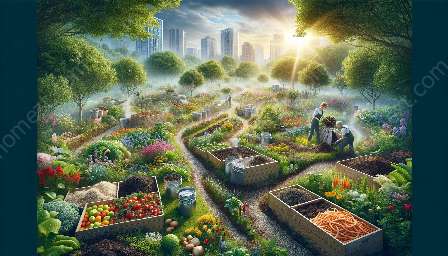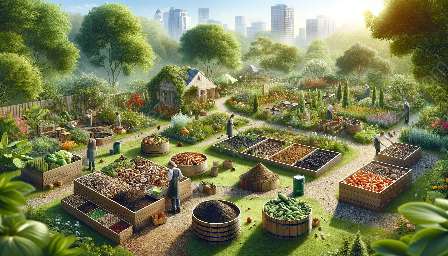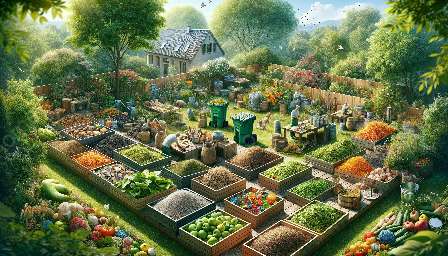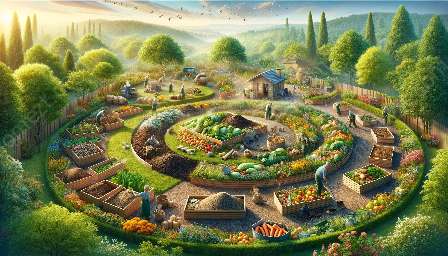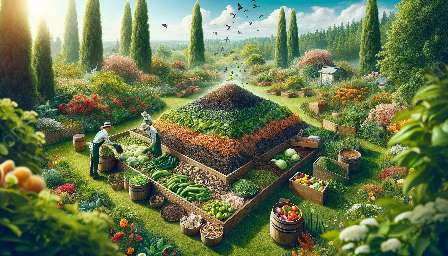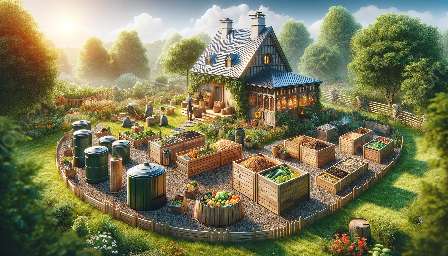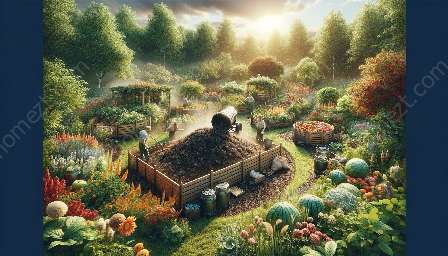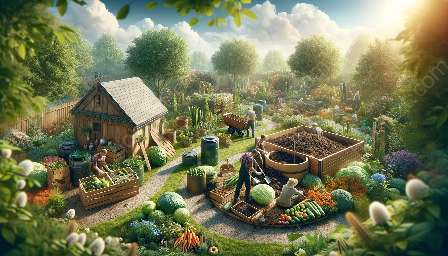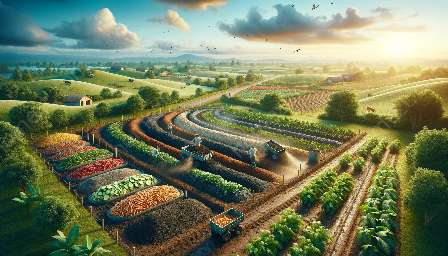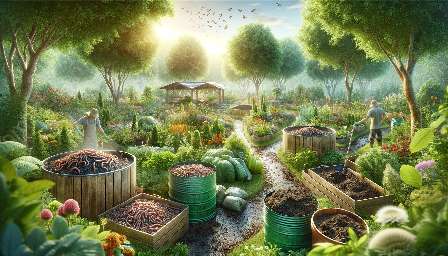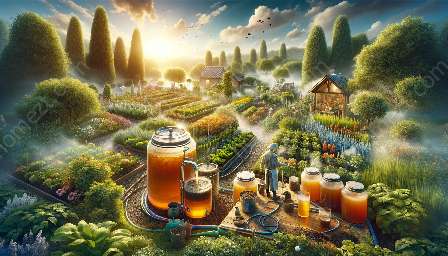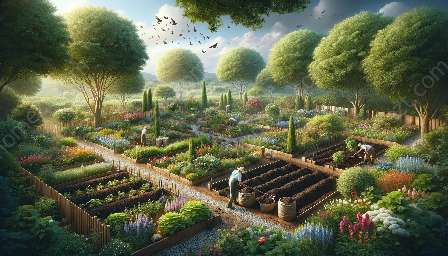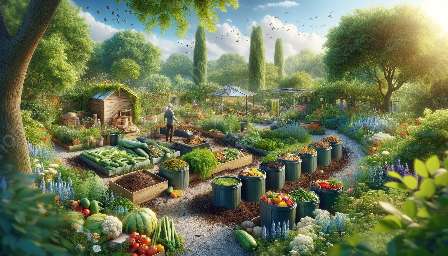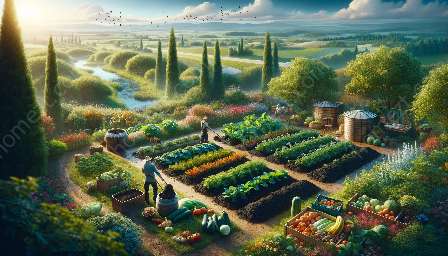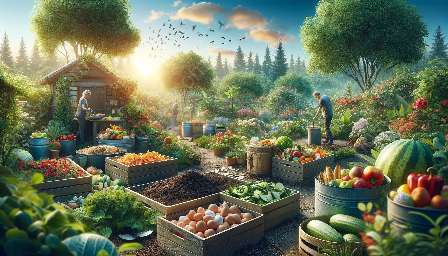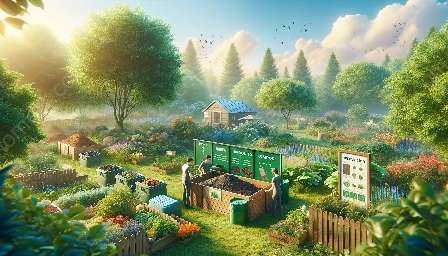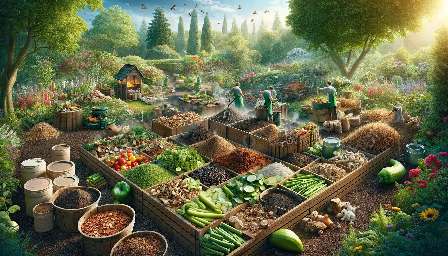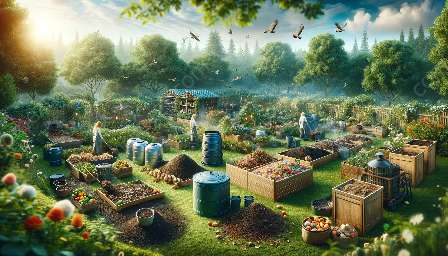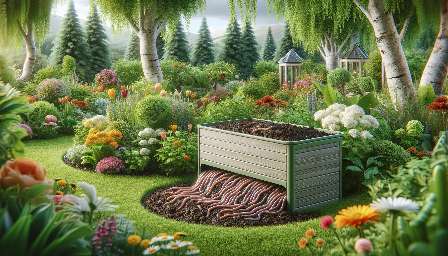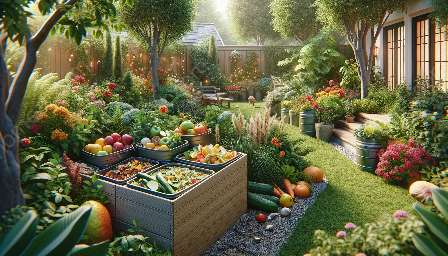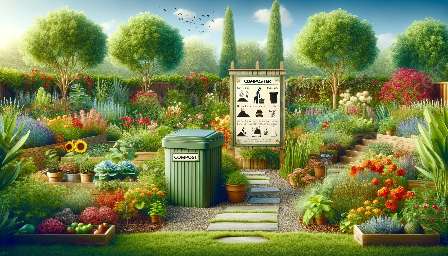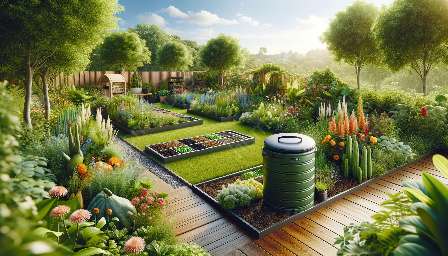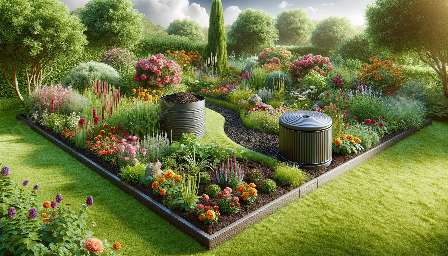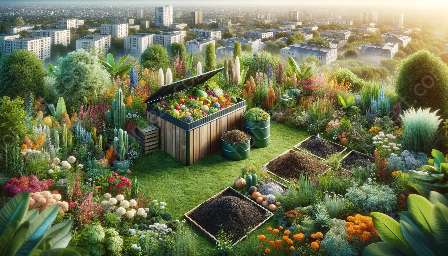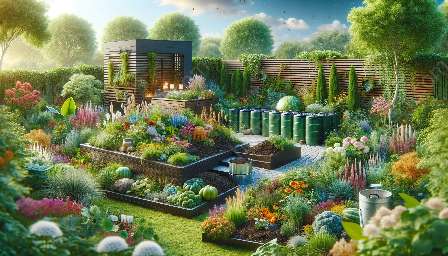Are you looking for sustainable ways to enhance organic food production? Composting can be a game-changer in the world of gardening and landscaping, providing a natural and nutrient-rich solution for growing healthy produce. Let's explore the exciting world of composting and how it can revolutionize your approach to organic food production.
The Basics of Composting
Composting is a natural process that involves the decomposition of organic materials to create a nutrient-rich substance known as compost. This valuable product is utilized to enrich the soil, improve its structure, and provide essential nutrients for plant growth. Composting not only reduces waste but also contributes to the sustainability of organic food production by offering an environmentally friendly alternative to chemical fertilizers.
Benefits of Composting for Organic Food Production
Composting offers numerous benefits for organic food production, making it an essential practice for environmentally conscious gardeners and landscapers. Some of the key advantages include:
- Enhanced Soil Health: Compost enriches the soil with essential nutrients, promoting healthier plant growth and increasing crop yields. It also improves soil structure, water retention, and aeration, creating an optimal environment for organic food production.
- Organic Nutrient Source: Compost provides a natural and sustainable source of nutrients for plants, reducing the reliance on synthetic fertilizers and minimizing the environmental impact of agricultural practices.
- Waste Reduction: By diverting organic waste from landfills and transforming it into valuable compost, gardeners and landscapers contribute to waste reduction and support a more sustainable approach to food production.
Implementing Composting in Organic Gardening and Landscaping
Integrating composting into organic gardening and landscaping practices is both practical and rewarding. Here are some tips for implementing composting in your organic food production endeavors:
- Start with the Right Materials: Collect a mix of green materials, such as fruit and vegetable scraps, grass clippings, and coffee grounds, along with brown materials like leaves, straw, and wood chips. Layer these materials to create a balanced compost pile.
- Utilize a Compost Bin or Pile: Choose a suitable location for your compost bin or pile, ensuring proper aeration and moisture levels. Regularly turn the compost to accelerate the decomposition process and promote even composting.
- Monitor the Composting Process: Keep an eye on the composting process, monitoring the temperature, moisture, and smell of the pile to ensure optimal conditions for decomposition. With proper maintenance, you can produce high-quality compost for your organic food production needs.
- Incorporate Compost into Soil: Once the compost is fully decomposed, incorporate it into the soil of your garden or landscape beds to provide essential nutrients for plant growth. This practice enhances soil fertility and supports robust organic food production.
Composting as a Sustainable Practice
Composting aligns with the principles of sustainability and environmental stewardship, making it a valuable practice for organic food production. By embracing composting, gardeners and landscapers can contribute to a healthier planet while reaping the rewards of bountiful harvests and vibrant landscapes.
Ready to embark on a composting journey that elevates your organic food production efforts? Explore the world of composting and unlock the potential for sustainable and rewarding gardening and landscaping experiences.

